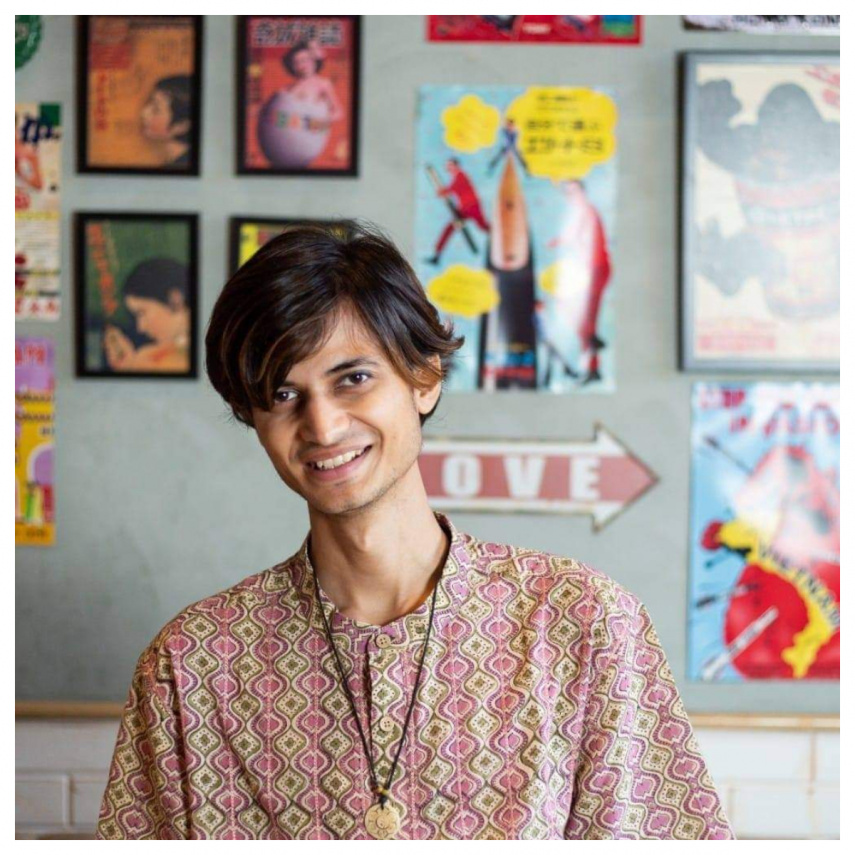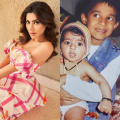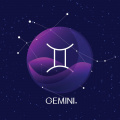Colours of Courage: Aman Giri, a 23-year-old LGBTQ activist speaks of growing up gay and parental rejection
Here, Aman Giri, a 23-year-old LGBTQ activist speaks of growing up gay and parental rejection.

23-year-old Aman Giri's journey went from a traumatic childhood experience to raising awareness about homosexuality. However, it was fraught with conflicting family expectations and societal pressures. Like most parents, Aman’s would like to see him ‘normal’. He was in second grade when he first realised he was attracted to boys, but he had never heard of the term LGBTQ.

“As a kid, I did not know the term 'gay' or had any LGBT role models. I was an effeminate kid who loved makeup. I hated soccer and basketball because it was too rough for my delicate body. Hence, I didn't have an easy childhood,” reveals Aman.
Because of the prevalent heteronormative cultural practises in our society, every queer youngster has difficulty disclosing their sexual orientation. “Growing up gay is very different from growing up straight; your sexuality defines you in a larger way. The sexuality of straight children is not talked to the same degree, because straight is considered “normal.” It is what you see every day: your parents, people on TV, your teachers, and the majority of the people around you. On the other hand, growing up gay is not easy, it is a feeling that you do not understand, and an attraction to the same sex you at first think is normal. Soon, however, you discover the meaning and the reality of this attraction—that being gay is something you should be ashamed of, and, from a religious perspective, something seen as evil.”

“I remember I had sexual desire and fantasies at a very young age and they were discounted by parents and when I would talk about my fantasies to my elder cousins, they would just laugh it off and make a joke about it. Queer children face some unique challenges and parents also feel unprepared to tackle with what their kids experience because of lack of sensibilities.”
“Growing up with your dad by our side is a privilege which I was deprived of because I simply couldn't be the way he wanted me to be which is very distressing. I still fear to talk about my traumatic childhood because of how our society normalises the kind of parenting where I was always undermined and discouraged. Back then, I didn't realise that it was abusive.”
Speaking of the long-term repercussions of such abuse, he says, “As a result, I still have difficulty forming secure relationships because of which I tend to develop unhealthy relationships with men or end up being too clingy and dependent. I desire someone who can protect and adore me like an "ideal dad" because my whole life I have been left uncared for emotionally.”

Aman walked a path of self-healing and sought therapy to combat childhood trauma. “I couldn't change my parents however, therapy made me feel validated and filled the gaps that my parents had created during my childhood years,” he shares, adding, “I think parents should always let their children know that they are always behind them and will always support them no matter what,” stresses Aman.
He decided to come out during his days at the university. He had the good fortune of receiving a lot of love, support, and encouragement from his university friends and professors. They embraced him right away, but he says his parents were harsh with him. They were initially in denial, believing he was imitating Western culture. He reveals, “While I know I grew up with privilege, and others have stories far worse than mine, I also believe that countless other LGBT people could tell stories like this — not the same, but all rooted in a legacy that made us feel ashamed of who we are.”
Speaking of one such instance from his school days where he felt outed, Aman says, “So, during one of my classes, I was talking about my crush, and one of the girls who wanted to exact revenge on me told the teacher about it in front of the entire class because she didn't like how confident and bold, I was about my feelings. It felt invasive and overwhelming. I was very scared and embarrassed.”
Even college wasn’t easy right after he’d come out, and he confesses he was filled with insecurities, and some of the lectures he attended while earning a bachelor's degree in English from Delhi's Ambedkar University caused him existential crisis. As such feelings grow intense, it becomes important to make a real effort in self-care. Aman suggests, “In today’s competitive and fast paced world where we are constantly trying to be the best versions of ourselves to make our dreams come true, we become too harsh on ourselves. For self-care, I listen to music, eat good food, travel and go out with friends.”
Looking back to connect the dots, he believes the most significant turning point in his life occurred when he started his journey as an activist and co-founded a grassroots LGBT+ Straight alliance and intersectional feminist, social justice advocacy group based out of Delhi University. He refused to give up despite numerous setbacks. “There were challenges which I had to face from my own parents. They threatened me to leave the organization else they will not fund my higher education. However, I was adamant and I asked for my professors and therapist to intervene.” Through Nazariya Aman seeks to empower youth to fight prejudice, casteism, sexism, and racism.

Aman’s message for the youth is, “There's always hope no matter how much difficult the situation is and always acknowledge your privileges. There's always someone whose going through much worse. Self-reflection is a great way to understand your privilege because it fosters critical thinking so you can connect your individual lived experiences to larger systemic realities. Doing so can pave the way for you to help create social change,” he signs off.





 JOIN OUR WHATSAPP CHANNEL
JOIN OUR WHATSAPP CHANNEL









































































































